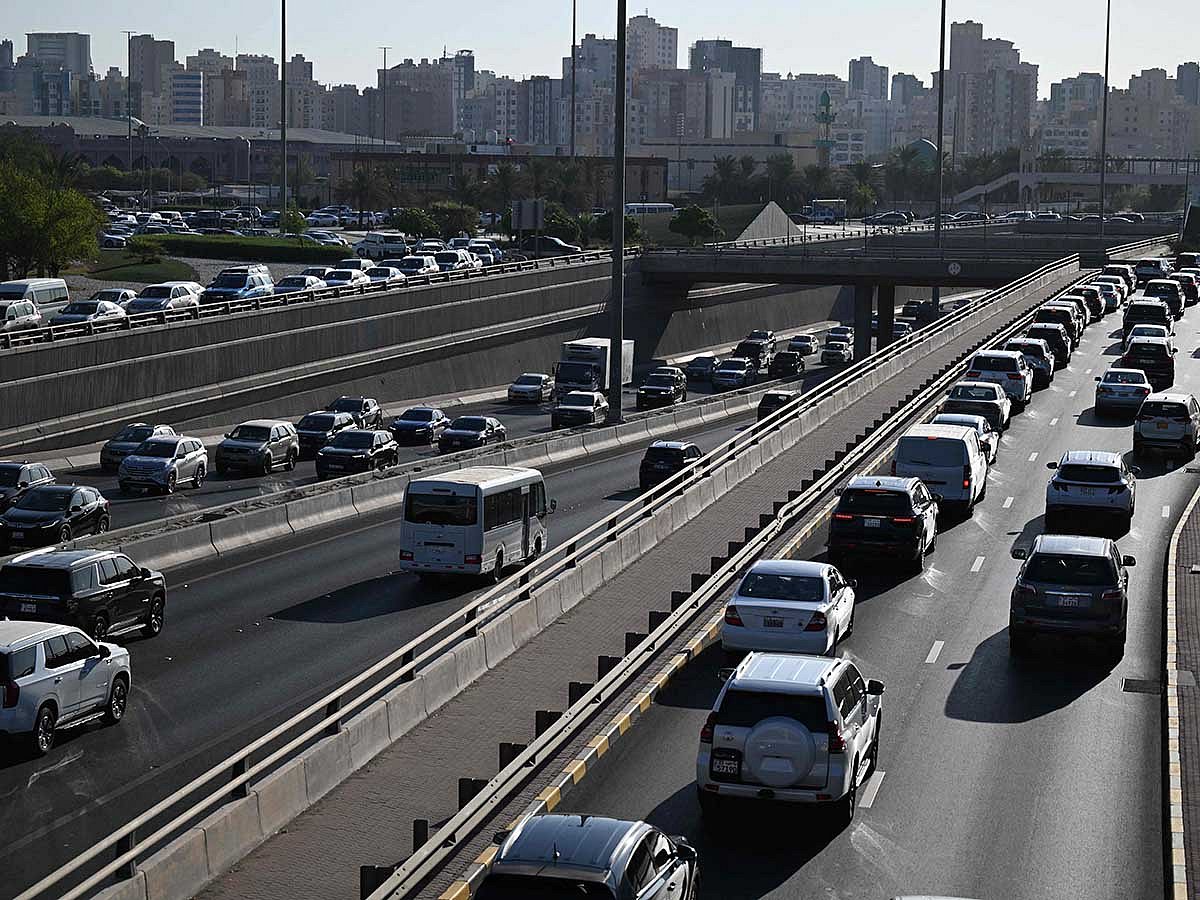Kuwait Replaces 591 Street Names with Numbers
New rule aims to simplify the address system and avoid political or cultural sensitivities
Dubai : Kuwait Municipal Council has officially approved the cancellation of 591 street names, replacing them with numerical designations.
The decision, taken during a closed extraordinary session on Sunday chaired by Abdullah Al Mahri, follows recommendations from the government-formed Committee for Naming Cities, Districts, and Streets, established under Ministerial Resolution No. 558 of 2023.
The council also voted to rename three streets after Arab capitals and cities, while keeping 66 existing names unchanged.
The overhaul comes after Minister of State for Municipal Affairs Abdulatif Al-Mashari amended prior regulations in August to restrict the naming of streets and areas.
Under the updated rules, only Kuwait’s rulers, crown princes, and heads of state from friendly or brotherly nations may have streets or landmarks named after them.
All other roads will now be numbered rather than named, in an effort to simplify the address system and avoid political or cultural sensitivities.
Get the latest news and updates straight to your inbox
Related Stories
Key Sharjah road closes for maintenance work
Travel times could drop on these key Dubai roads soon
Dubai and Sharjah commuters face traffic delays on E11
India-Pak final: What’s banned, fines fans must know
TRENDING STORIES
LATEST STORIES
The decision to replace street names with numbers in Kuwait reflects a broader trend in urban planning aimed at enhancing navigability and reducing potential conflicts arising from naming conventions. Many cities around the world have adopted similar approaches, particularly in areas where historical or cultural sensitivities may lead to disputes. By implementing a numerical system, the Kuwaiti authorities aim to create a more uniform and straightforward addressing framework that can facilitate easier navigation for residents and visitors alike.
The initiative also aligns with Kuwait’s ongoing efforts to modernize its infrastructure and public services. As urban populations grow and the demand for efficient public services increases, cities often seek to streamline their administrative processes. The introduction of a numbered street system can help in this regard by simplifying logistics for emergency services, postal deliveries, and other essential services that rely on accurate and easily identifiable addresses.
Moreover, the decision to retain certain street names while renaming others indicates a careful balancing act by the Kuwait Municipal Council. By honoring specific historical or cultural landmarks, the council acknowledges the importance of heritage while simultaneously addressing the need for a more pragmatic approach to urban planning. This dual strategy may help to maintain a sense of identity within the community while also adapting to contemporary needs. The renaming of streets after Arab capitals and cities further emphasizes Kuwait’s regional ties and cultural connections, reflecting a commitment to fostering unity within the Arab world.
As Kuwait continues to evolve, the implications of this decision may extend beyond mere logistics. The shift towards a numbered system could influence urban development and planning strategies in the future, as city planners and policymakers consider how best to accommodate growth while respecting the diverse cultural landscape of the nation. The move may also serve as a case study for other countries grappling with similar challenges in urban naming conventions, showcasing the potential benefits of a systematic approach to addressing urban complexities.
Also Read:
DDLJ at 30: Reflecting on Its Cultural Legacy
New Left-Lane Rules for Drivers and Delivery Riders in Dubai







